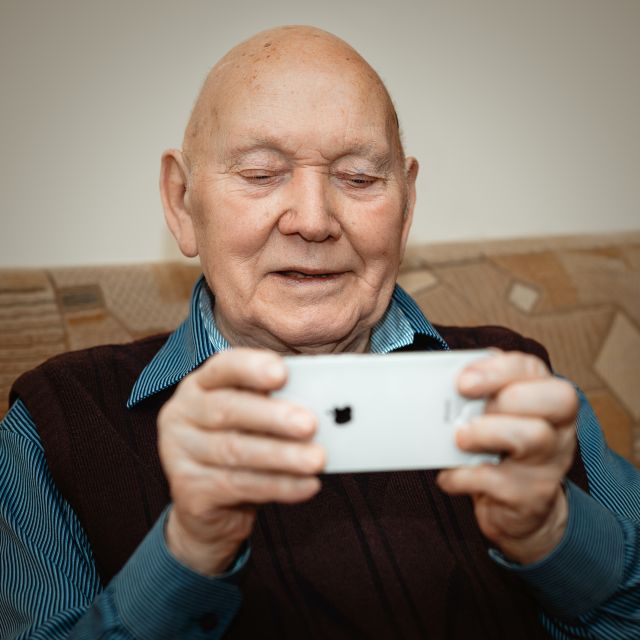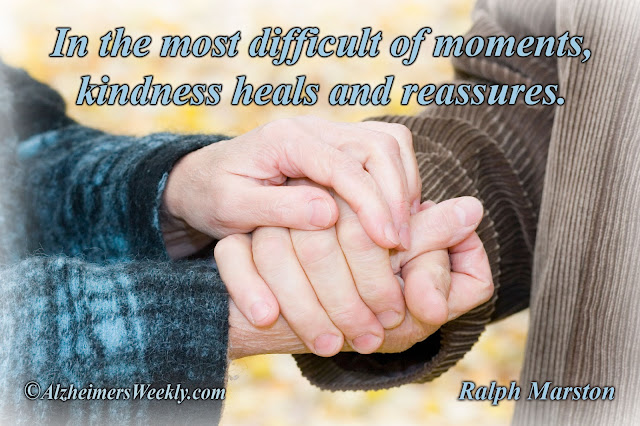
Wandering Prevention Preparations
15 TIPS on how to limit wandering and prevent a person with dementia from becoming lost. (60% of people with dementia will wander off at some point.)

15 TIPS on how to limit wandering and prevent a person with dementia from becoming lost. (60% of people with dementia will wander off at some point.)

Imagine a loved one with dementia who is lost and confused. See why Florida police are training for such encounters.

CBS VIDEO: Traveling with Alzheimer’s? 60% of people with Alzheimer’s wander. Miss Dupuy’s dad wandered off at New York’s LaGuardia Airport. Learn key lessons from what she described as the worst day of her life. See why her family is suing American Airlines.

60% of people with Alzheimer’s wander. Robert surprised everyone when he wandered off at sunset. Police dogs began a 16-hour tense, fruitless search. WMTW-TV arrived to broadcast the news. See Robert wander right into the newscast.

911 dispatchers often have difficulty locating wireless callers. This could be particularly distressing if the caller is a person with Alzheimer’s who cannot give their

Researchers find that a diet including more fruit, vegetables, beans and tea or coffee lowers the risk of developing dementia later in life. Learn more.

Researchers find education and intellectual stimulation appear to activate a genetic program in the brain that promotes resistance to cognitive decline. Find out more.

SOCIALIZING in your 50s and 60s strongly predicts less dementia later on. Learn why, from new research by University College London. See Ohio State University demonstrate how true it is, from animals to people.

Researchers find education and intellectual stimulation appear to activate a genetic program in the brain that promotes resistance to cognitive decline. Find out more.

SOCIALIZING in your 50s and 60s strongly predicts less dementia later on. Learn why, from new research by University College London. See Ohio State University demonstrate how true it is, from animals to people.

Hospital stays with dementia should focus on elder safety. See a special ER for seniors, equipped with brilliant features that speed comfort and care to this population.

A deep promise to be there for an Alzheimer’s parent, this heartwarming song was written as a tribute to families facing dementia.
No spam, only news and updates.


